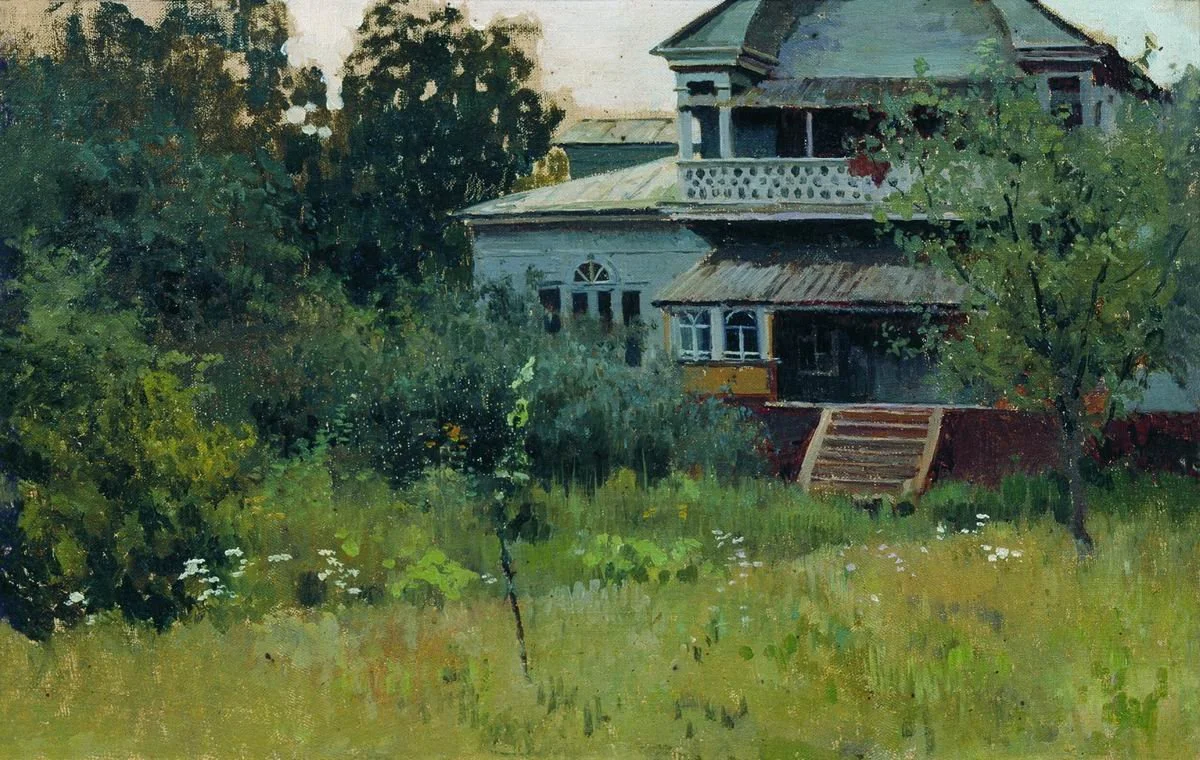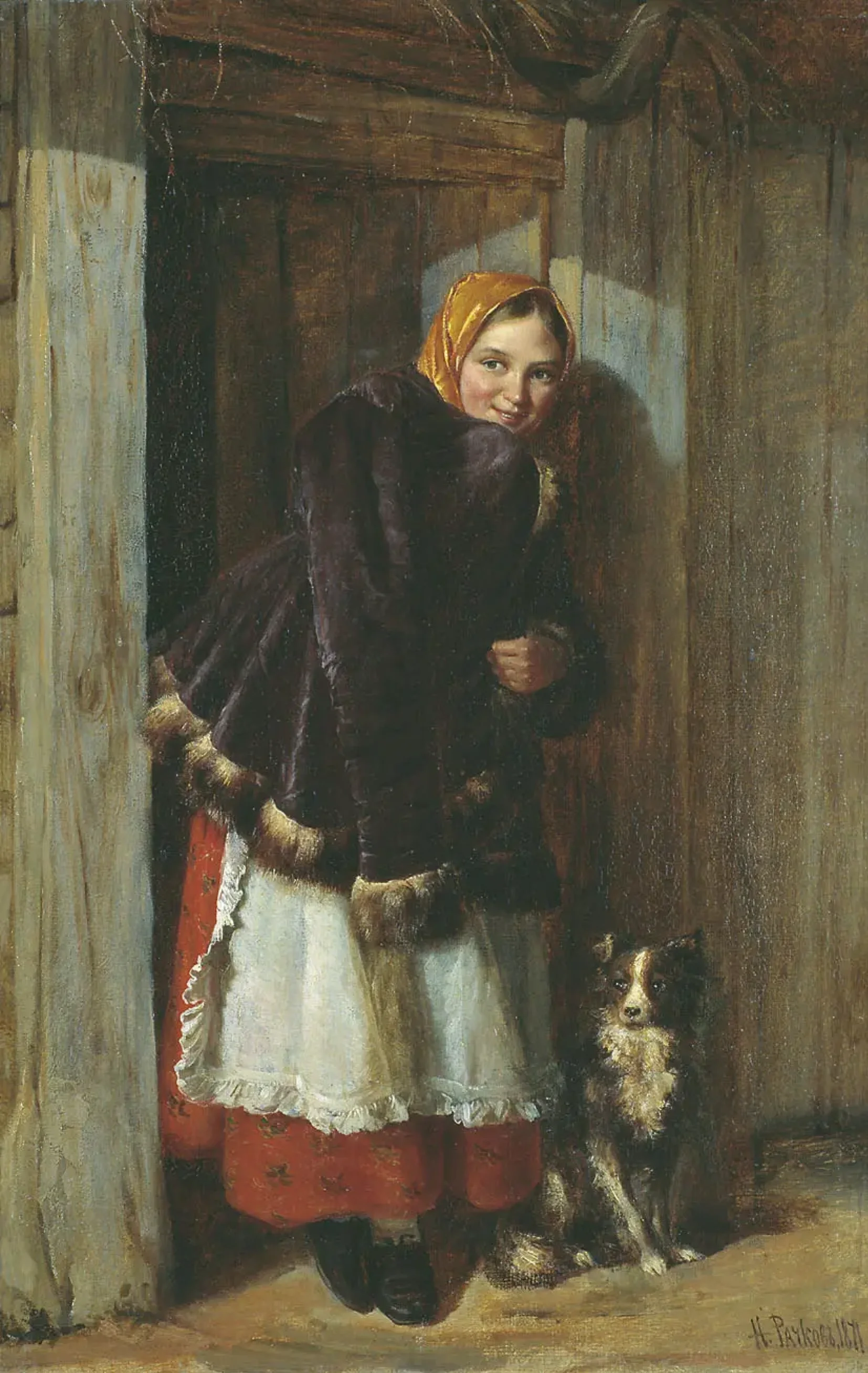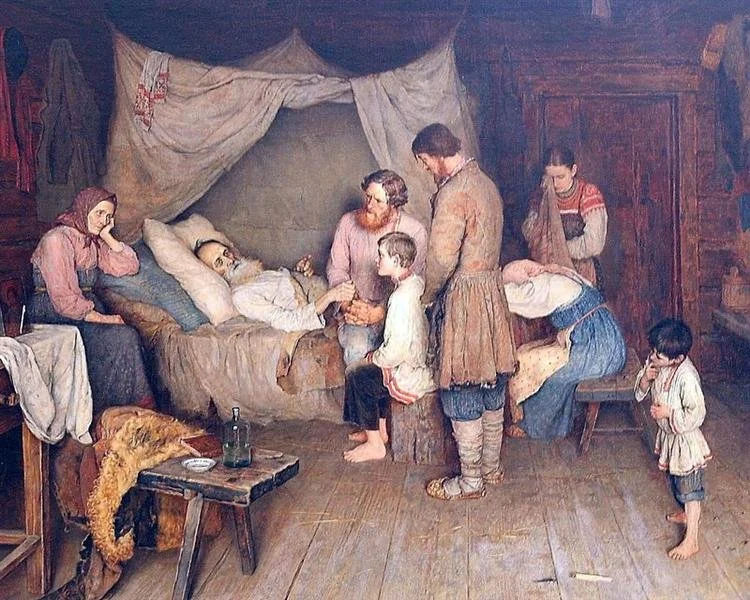Book Manuscript:
The Literary Lives of Russian Liberalism
The Literary Lives of Russian Liberalism is my first book project and the manuscript is currently under advance contract at Princeton University Press. This book is the first study of Russian liberalism that considers aesthetic and literary turns in political thought in relation to the history of liberal thought in Russia. The Literary Lives of Russian Liberalism investigates the fuller life of liberal ideas in Imperial Russia, beyond the late 19th- to early 20th-century parliamentary institutions that dominate Anglophone studies of Russian liberalism.
The first English-language treatments of the history of Russian liberalism go hand-in-hand with the advent of Cold War liberalism, wherein the latter jettisoned any positive role for the family and other affective attachments during its intellectual positioning against the threat of totalitarianism. The intellectual architects of Cold War liberalism were thus hesitant to seek or reveal any concern for the collective or affective aspects of political life—concerns that had been more central to previous liberal traditions. Thus, the hyper-rationalization and hyper-atomization of liberal views by midcentury transatlantic thinkers led to the canonical occlusion of liberalisms that lie beyond Anglo-American traditions. Even when collective and affective concerns were detected in the writings of authors from prior liberal traditions, those traditions were abruptly expelled from the liberal camp by Cold War intellectuals.
To investigate these exclusions, The Literary Lives of Russian Liberalism reaches beyond both the canonical regions (Britain, the United States) and mediums (philosophical treatises, legal statutes) to rethink the relationship between the figure of the family and liberal thought. I find an altogether different positing of this relationship against the backdrop of emancipation and reform in 19th-century Imperial Russia. Here, an abolition era of sweeping reforms and emergent liberal thought went hand-in-hand with the ascendency of the Russian family novel. This is no mere coincidence. Instead, I argue that the development of early Russian liberal thought lived largely in literature and, more importantly, promoted an image of enlightened Russian families of various forms and their ability to help construct a more liberal politics and society.
Early liberal-minded thinkers in Russia – many of whom were novelists like those treated in my book (Sergey Aksakov, Avdotya Panaeva, Ivan Turgenev, Sofia Khvoshchinskaya, and Nikolai Chernyshevsky) – used the family novel to wrest the figure of the family from the autocratic script it had been given in Imperial Russia’s political imaginary and put forward alternative, progressive and, above all, emancipatory roles for the family in their visions of a freer future for Russia. Taken together, their novels deal with the politics of abolishing serfdom for the peasantry, liberating women, and realizing the affective sensibilities and material conditions of a free people.









